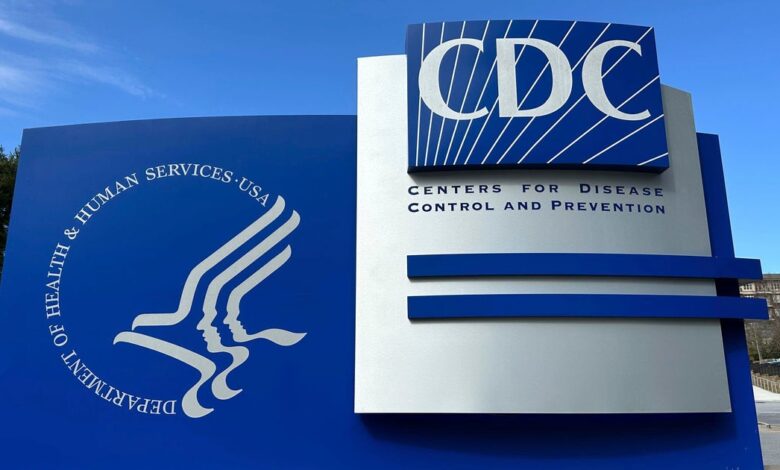CDC official overseeing COVID hospitalization data resigns after RFK Jr.’s vaccine orders

In a startling turn of events, a top official at the Centers for Disease Control and Prevention (CDC) has resigned in protest over the agency’s vaccine recommendations being tampered with by Health and Human Services Secretary Robert F. Kennedy Jr. Dr. Fiona Havers, who led the CDC’s network to study hospitalization trends from infectious diseases like COVID-19, made the decision to step down following Kennedy’s orders to change the agency’s vaccine recommendations and the committee responsible for making them.
Havers’ resignation came as a shock to her colleagues at the CDC, with an infectious disease researcher describing it as another blow to the agency’s expertise. The researcher, who wished to remain anonymous, expressed concern over the “dismantling” of the CDC’s capabilities in the face of changing vaccine policies.
The CDC’s Respiratory Virus Hospitalization Surveillance Network (RESP-NET), which Havers led, is responsible for collecting and analyzing data on hospitalizations from COVID-19, RSV, and influenza. The network’s findings have played a crucial role in informing the Advisory Committee on Immunization Practices (ACIP) as they consider updates to vaccine recommendations.
Kennedy’s interference in the vaccine recommendation process has raised eyebrows, as he bypassed the usual protocol of the ACIP deliberating and voting on recommendations before they are adopted by the CDC director. Instead, Kennedy made unilateral decisions to narrow the guidance and remove certain groups from eligibility for vaccines, disregarding the input of the expert panel.
The abrupt changes to the ACIP membership and the removal of agency officials overseeing the panel have sparked outrage among former members of the committee. In a scathing viewpoint published in the Journal of the American Medical Association, the ousted ACIP members criticized Kennedy for undermining the process by which vaccines are recommended and warned of the potential consequences for public health.
As Kennedy prepares to convene the new panel for a vote on updated vaccine recommendations, concerns loom large over the politicization of vaccine policy and the impact on public health. The CDC’s vaccine recommendations are closely monitored for their implications on federal policies and access to vaccines, making it crucial that decisions are based on scientific evidence and not influenced by conflicts of interest.
The upcoming meeting of the committee will be closely watched as stakeholders assess the direction of vaccine policy under the new leadership. The fallout from Havers’ resignation and the controversy surrounding vaccine recommendations highlight the challenges facing public health agencies in an increasingly polarized and politicized landscape.




